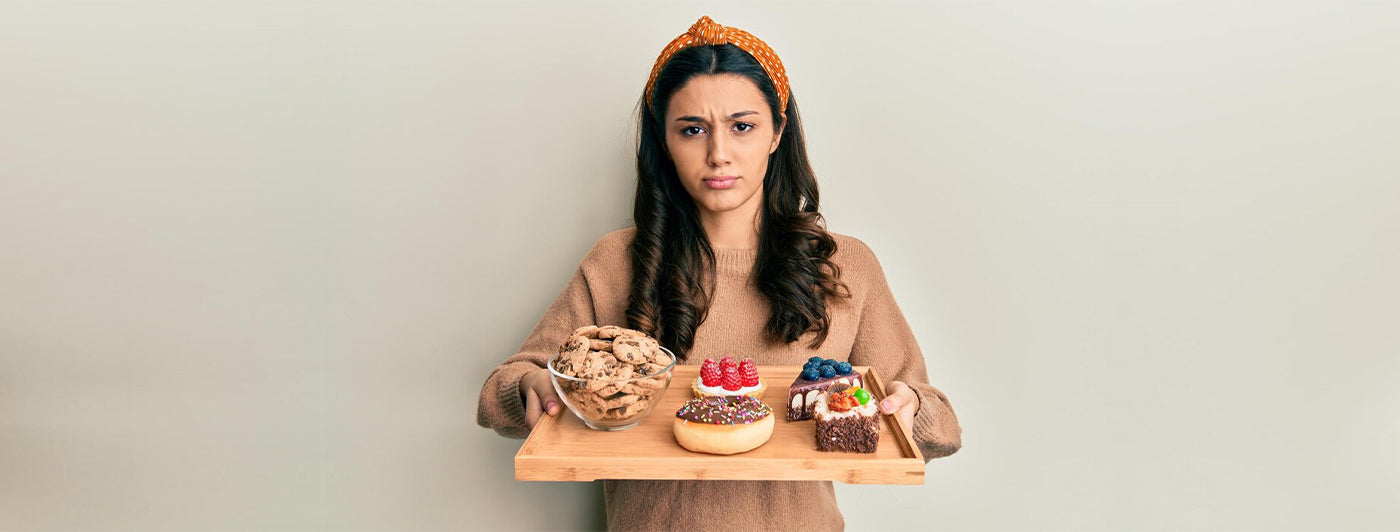Hair loss is a common concern, prompting many to explore solutions like biotin for hair loss. This popular vitamin is often associated with hair health, but does it really work? Here’s a detailed, science-backed look at biotin, its benefits, and how it contributes to hair health.

1. What Is Biotin, and How Does It Help with Biotin for Hair Loss?
Biotin, also called vitamin B7 or H, is a water-soluble B-vitamin that plays a key role in metabolizing nutrients like carbohydrates, fats, and proteins. This metabolism supports cellular functions essential for hair follicle health.One of biotin’s most notable contributions is keratin production, the structural protein that makes up hair, skin, and nails.
When keratin levels are adequate, hair strands are stronger, shinier, and more resistant to breakage. Conversely, insufficient biotin can result in brittle hair, increased shedding, and slower growth.
However, biotin deficiency is rare because most people obtain sufficient amounts through their diet. Foods like eggs, nuts, seeds, and leafy greens are excellent sources. This brings us to an essential question: which nutrient deficiency causes hair fall? Besides biotin, deficiencies in iron, zinc, and vitamin D often play a more significant role.
To truly understand the cause of hair loss, it’s important to assess your overall nutrient intake rather than focusing on biotin alone.
2. Does Biotin Work for Everyone with Hair Loss?
The effectiveness of biotin for hair loss depends on whether hair loss is linked to a deficiency. Individuals with conditions like biotinidase deficiency or those undergoing treatments that deplete biotin levels (e.g., prolonged antibiotic use) may experience significant improvements with supplementation.
However, not all hair loss types benefit from biotin. Here’s why:
- Hormonal Hair Loss: Postpartum hair loss or hair shedding during menopause often results from hormonal changes. These conditions are unlikely to improve solely with biotin supplementation.
- Genetic Hair Loss: Androgenetic alopecia (pattern baldness) is hereditary and typically requires specialized treatments such as minoxidil or finasteride.
- Stress-Induced Hair Loss: Telogen effluvium, caused by high stress, can disrupt the hair growth cycle. While biotin may support overall hair health, managing stress is more effective for reversing this condition.
Understanding the root cause of your hair loss is essential. Biotin can be a valuable tool but is rarely a standalone solution.
3. What Are the Best Biotin Sources for Vegans?
For those on plant-based diets, it’s natural to wonder where to get adequate biotin. The good news is that biotin sources for vegetarians and vegans are plentiful:
- Nuts and Seeds: Almonds, walnuts, sunflower seeds, and peanuts are biotin-rich options.
- Fruits and Vegetables: Avocados, sweet potatoes, spinach, and broccoli contain biotin along with other essential vitamins.
- Fortified Foods: Nutritional yeast and fortified plant-based milk provide concentrated doses of biotin.
- Legumes and Grains: Lentils, chickpeas, and whole grains are excellent for vegetarians seeking biotin.
Incorporating these foods into your daily meals helps naturally support hair health.For those seeking additional protein, vegan protein powder is a fantastic option. Many powders are enriched with vitamins, including biotin, creating a convenient solution for overall nutrition.
Biotin works best when combined with a diet rich in other nutrients like protein, omega-3 fatty acids, and iron to support healthy hair follicles and scalp conditions.
4. What About Plant-Based Biotin Supplements?
Plant-based lifestyles have fueled the popularity of Plant Based Biotin Supplements, derived from natural sources like seeds, fruits, and legumes. These supplements are an excellent option for individuals who may not get enough biotin through diet alone.
However, biotin isn’t a magic bullet. For it to work effectively, other nutrients are also necessary. Omega-3 fatty acids, for instance, reduce inflammation around hair follicles, while iron supports oxygen delivery to the scalp, enhancing hair growth. Vitamin E is another critical nutrient, nourishing the scalp and promoting healthier hair.
Think of biotin for hair loss as part of a team effort. While it supports keratin production, complementary nutrients optimize its effects. A well-rounded approach ensures your hair gets the best possible care.
5. Why Protein Matters as Much as Biotin
Biotin often takes center stage in hair care discussions, but protein is the true backbone of healthy hair. Keratin, the structural protein in hair, requires amino acids derived from dietary protein. Without enough protein, hair becomes weak, brittle, and prone to breakage.
For those following a plant-based lifestyle, plant based protein powder can help meet protein needs while also supporting hair health. These powders often include essential amino acids and may be enriched with vitamins like biotin. Adding this to your diet ensures your hair gets the structural support it needs.
Other excellent sources of plant-based protein include quinoa, lentils, and chickpeas. When paired with biotin-rich foods, these protein sources provide a robust foundation for stronger, healthier hair.
Final Thoughts
Biotin for hair loss can be a beneficial addition to a hair care routine, but it’s not a universal solution. Its effectiveness largely depends on addressing the root cause of hair loss, whether it’s a deficiency in biotin or other underlying factors. Incorporating biotin-rich foods like nuts, seeds, and leafy greens into a balanced diet can naturally support hair health. Additionally, managing stress, maintaining hormonal balance, and ensuring proper scalp care are crucial elements in promoting stronger, healthier hair. A holistic approach that combines biotin with overall good nutrition and consistent care is key to achieving optimal results.











